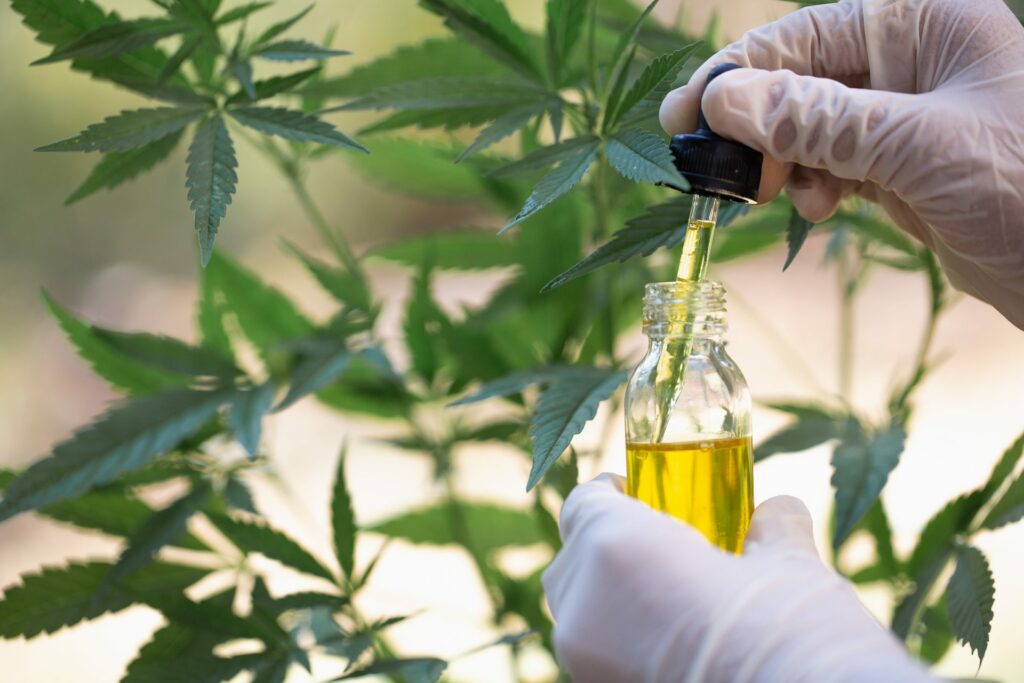Introduction
In recent years, there has been a surge in the popularity of hemp-derived products, particularly hemp oil, due to their potential health benefits. However, concerns about drug tests and the possibility of failing them have emerged. This comprehensive guide aims to dispel the misconception that hemp oil can lead to a positive drug test result and provide a thorough understanding of the factors that make drug test failure highly unlikely.
Differentiating Hemp Oil and Marijuana
Hemp oil is derived from industrial hemp plants, which contain minimal levels of THC (tetrahydrocannabinol), the psychoactive compound responsible for the “high” associated with marijuana. In contrast, marijuana is derived from Cannabis sativa plants with higher THC concentrations. Understanding this distinction is crucial to comprehending why hemp oil is unlikely to trigger a positive drug test.
THC Levels in Hemp Oil
While hemp oil does contain trace amounts of THC, these levels are typically well below the threshold required to trigger a positive drug test. The legal limit for THC concentration in hemp-derived products in many jurisdictions is 0.3% or less. Such minute amounts of THC are unlikely to accumulate in the body to levels detectable by standard drug tests.
Drug Test Types
To understand the likelihood of failing a drug test, it is important to be familiar with the different types of drug tests commonly used. The most common types include urine, blood, hair, and saliva tests. Each test has its own detection window and sensitivity, which plays a crucial role in determining the possibility of a positive result.
Urine Drug Tests and Hemp Oil
Urine drug tests are the most commonly used method for workplace and drug rehabilitation screenings. These tests primarily detect THC-COOH, a metabolite of THC, rather than THC itself. Since the THC content in hemp oil is minimal and the body quickly metabolizes it, the chances of THC-COOH accumulation in urine are extremely low. The generally accepted detection window for urine tests is around 30 days for regular marijuana use, but hemp oil users should not be concerned about failing such tests.
Blood, Hair, and Saliva Drug Tests
While less common than urine tests, blood, hair, and saliva tests are occasionally used for specific purposes. Blood tests detect recent drug use, but THC is quickly eliminated from the bloodstream, making it highly unlikely for hemp oil users to fail such tests. Hair tests have a longer detection window, but the limited THC content in hemp oil makes it unlikely to trigger a positive result. Saliva tests are also less likely to detect THC due to the low levels found in hemp oil.
Contamination and Quality Control
One possible concern regarding hemp oil and drug tests is the potential for product contamination with THC. However, reputable manufacturers follow strict quality control measures to ensure the THC content remains within the legal limits. Consumers should choose hemp oil products from trusted sources and verify third-party lab test results to guarantee the absence of excessive THC.
Precautions and Mitigating Factors
While it is highly unlikely to fail a drug test due to hemp oil usage, there are a few precautions and mitigating factors to consider:
a. Full Spectrum vs. CBD Isolate
Full-spectrum hemp oil contains a wider range of compounds, including trace amounts of THC. Opting for CBD isolate products eliminates this concern entirely.
b. Ceasing Usage Before Tests
If there is any lingering concern, discontinuing hemp oil usage a few weeks before a drug test can provide added assurance, although it is not usually necessary.
c. Informing Employers or Authorities
If drug testing is part of your professional or legal obligations, it is recommended to inform the relevant parties about your hemp oil usage to clarify any potential concerns.
Conclusion
Failing a drug test due to hemp oil usage is highly unlikely due to the minimal THC content in these products. Understanding the distinctions between hemp oil and marijuana, the types of drug tests, and the low levels of THC in hemp oil helps alleviate concerns. By choosing reputable sources, being aware of product quality, and considering the aforementioned precautions, users can confidently incorporate hemp oil into their wellness routine without fear of failing a drug test.

